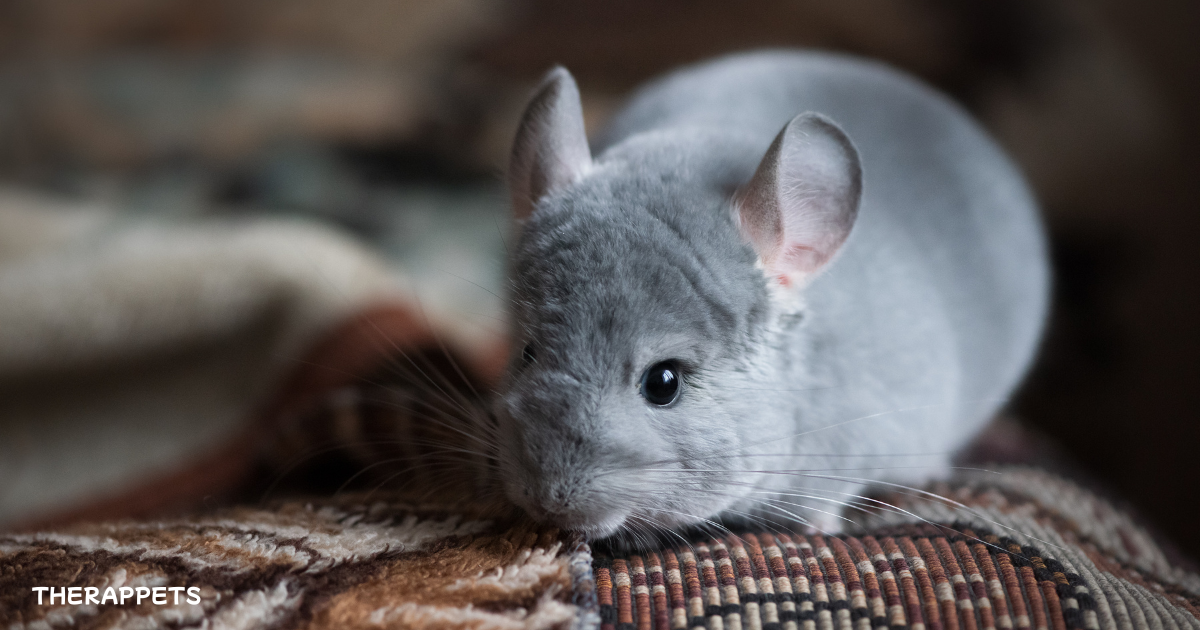Chinchillas are gaining popularity as exotic pets, and it’s easy to see why. Their fluffy fur, playful personalities, and unique care requirements make them fascinating companions. But before bringing one home, it’s essential to understand the pros, cons, and specific needs of chinchillas as pets. In this guide, we’ll explore everything you need to know to decide if a chinchilla is the right pet for you.
Why Are Chinchillas Special?
Chinchillas are native to the Andes Mountains of South America, thriving in cool, dry climates. Their dense fur prevents parasites and their long whiskers make them highly sensitive to their surroundings. These playful creatures are known for their agility and love for climbing.
For more about caring for exotic pets, check out our post on Exotic Pets as Companions.
How Long Do Chinchillas Live?
Chinchillas have an impressive lifespan compared to other small pets. They typically live 10-15 years, but with proper care, some can reach up to 20 years. This long commitment makes them ideal for dedicated pet owners looking for a lasting bond.
Discover other long-term companion pets in our post on The Top Companionship Pets for Comfort and Support.
Pros and Cons of Chinchillas as Pets
Pros
- Low Maintenance: Minimal grooming is needed, thanks to their dust baths.
- Long Lifespan: A decade or more of companionship.
- Unique Personality: Playful and curious.
Cons
- Temperature Sensitive: They require cool environments due to their dense fur.
- Fragile Nature: Not ideal for young children.
- Nocturnal Habits: Most active during the night.
For another look at the pros and cons, see our guide on Low-Maintenance Pets with Emotional Benefits.
Housing and Care Requirements
To keep your chinchilla healthy and happy, their housing should include:
- A Spacious Cage: Multi-level cages are ideal.
- Bedding: Use dust-free bedding for comfort.
- Dust Bath: A regular dust bath keeps their fur clean.
- Chew Toys: Essential for dental health.
Learn about creating the perfect environment for exotic pets in our post on Therapy Animals and Social Anxiety.
Diet and Feeding Tips
A chinchilla’s diet should consist of:
- High-quality hay: Such as timothy hay.
- Chinchilla Pellets: Ensure balanced nutrition.
- Treats: Dried fruits or nuts in moderation. Avoid feeding them foods high in sugar or fat, as these can harm their digestive systems.
For more on healthy diets for pets, read our post on Therapeutic Benefits of Different Horse Breeds.
Health and Lifespan
Chinchillas are generally healthy but prone to:
- Dental Problems: Provide chew toys to maintain healthy teeth.
- Overheating: Keep them in cool environments (60–70°F).
- Stress-Related Issues: Handle them gently to reduce stress.
For additional insights on pet health, check out Therapy Animals Supporting Depression Treatment.
Personality and Behavior
Chinchillas are playful and curious but can be shy initially. With patience and gentle handling, they bond well with their owners. They prefer quiet environments and enjoy interactive toys.
Learn more about bonding with your pet in our post on How Cats Help with Loneliness.
Are Chinchillas Right for You?
Chinchillas are perfect for pet owners who:
- Can provide a cool, quiet environment.
- Appreciate their nocturnal habits.
- Are committed to long-term care. However, they might not suit families with young children due to their delicate nature.
Discover other unique pets in our guide on Snails as Pets.
Conclusion
Chinchillas are delightful, long-lasting companions with unique needs. If you’re ready to provide the care they deserve, they can bring endless joy and entertainment to your home. With their low-maintenance grooming and playful personalities, chinchillas are a fantastic addition to the right family.

